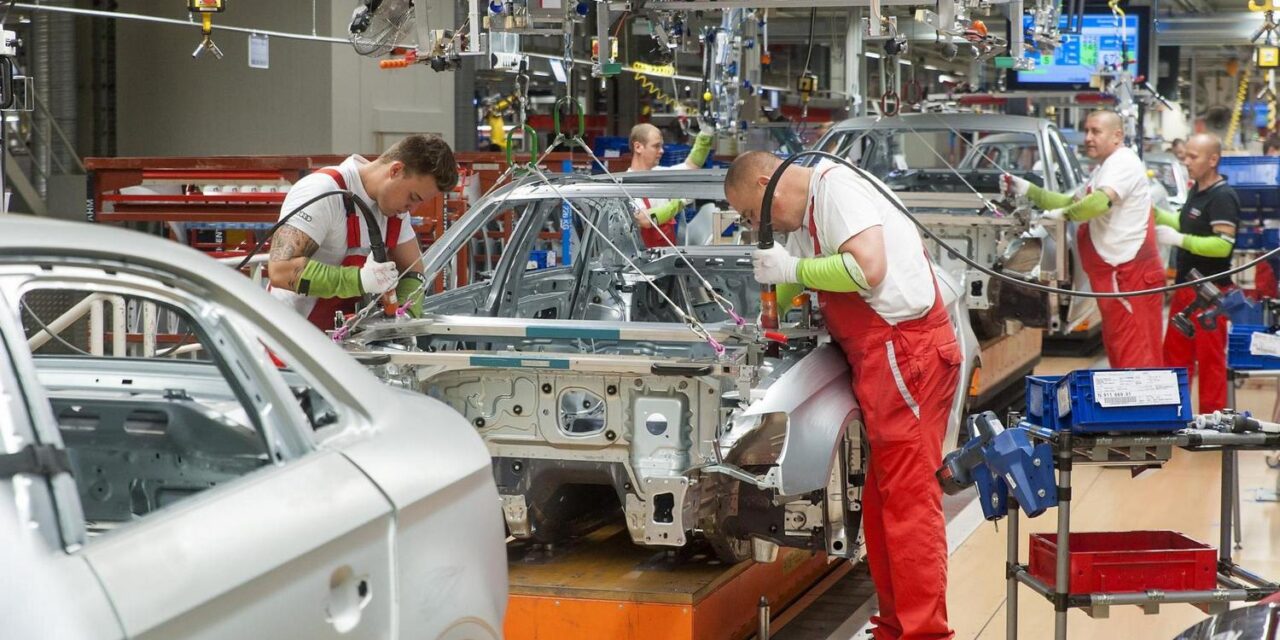In the current situation, employers are unable to extract and pay the wage cost increase resulting from the planned, forced pace - which is far removed from productivity and cannot be justified by either economic growth or inflation - on their own.
According to VOSZ's analysis, the so-called "high-pressure economic policy" prevailed in the last decade, which meant that the wage level increased significantly more than the increase in productivity. The government's intention and pressure, through the forced increase of the minimum wages, resulted in wage dynamics disconnected from productivity, they added. They recalled that the wage agreement cycle starting in 2017, in addition to forced wage pressure, entailed a significant reduction of public burdens (taxes and contributions on living labour), the social contribution tax was reduced from 27 percent to 13 percent, and the corporate tax and the small business tax (except for Kiva) were also reduced. All of this, in addition to the dynamically growing economic and demand conditions typical of the second half of the 2010s, resulted in a sustainable economic policy system, with increasing household, corporate and state incomes, as well as an improvement in the employment situation. This "subsidized wage competition" also contributed to the healthy evolution of businesses: new, more competitive businesses began to replace companies unable to adapt, but this did not cause mass company failures or disruptions in employment. They added that today, however, the crisis caused by COVID and the successive energy, interest, credit, exchange rate, inflation and war crises have reduced companies' growth opportunities, demand, consumption and productivity potential. According to KSH data, the number of social enterprises has been continuously decreasing since the end of 2022, and there are now 21,000 fewer registered companies, so on average 1,000 fewer companies are formed per month than are closed.
It was emphasized that under such circumstances
the continuation of the forced wage catch-up can only be carried out with special caution and thorough consultation, otherwise the deterioration of competitiveness will lead to massive company closures and job losses.
According to the VOSZ, the rapid wage catch-up increases wage costs in such a way that it cannot be offset by the increase in market sales. Therefore, in parallel with this, quick facilitation and support for employers must be incorporated into the system, so that runaway costs do not make farming unprofitable.
The entrepreneurs emphasize that the mandatory minimum wage rate is independent of the worker's qualifications, but also of the employer's situation: in the most disadvantaged micro-regions, the least productive enterprises must also pay, so they suffer from the minimum wage rates. At the same time, competitive companies and sectors offer a significantly higher wage level, they are not so shaken by the increase in the minimum wages, although wage congestion can cause problems for them as well. Therefore
support the replacement of the uniform, national guaranteed minimum wage by implementing a well-thought-out and elaborated program with the wage tariff system developed for each economic branch or sector, in which the particularities of the given area prevail.
The VOSZ expects the tripartite negotiations to continue as soon as possible, where, as in previous years, they can review the model calculations for the detailed impact assessment of the planned wage increases and agree on the milestones and conditions of the wage catch-up process.
MTI
Cover image: MTI













